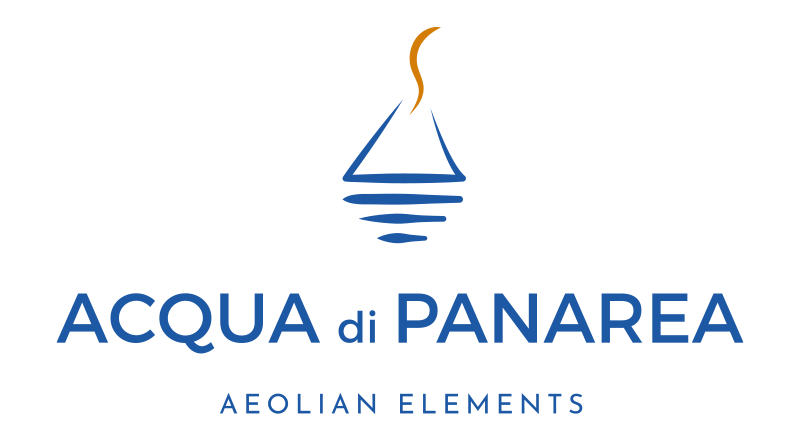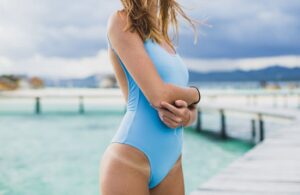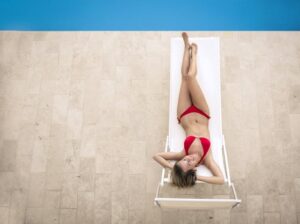When we talk about sunscreens recommended by dermatologists we should only consider products that have certain characteristics. This is as appropriate as ever at this time of year, with summer just around the corner and the desire to expose ourselves to the sun, the sea, the mountains and the city.
Actually, sunscreen should be applied all year round, but undoubtedly summer is the time when everyone seeks the best sunscreen and that is why we are here to suggest those that meet the standards required by your dermatologist of choice.
See also the guide to the best self tanner.
Best sunscreens (recommended by dermatologists): what essential features
The first thing to ask yourself when choosing the best sunscreens, thinking as if it were a dermatologist suggesting it, is the filter type. Indeed, the question has always been whether it is better to have a physical filter or a chemical filter. Which is the right answer? Although there are schools of thought that push toward one or the other, you should know that both types protect against the sun's rays.
However, some clarifications need to be made. I chemical filters absorb ultraviolet radiation, and this process retains energy from the sun's rays, which is then released as heat. This characteristic can sometimes induce allergic reactions, making them less suitable for people with particularly sensitive skin.
I physical filters, such as zinc oxide and titanium dioxide, contain mineral particles that reflect and disperse the sun's rays, acting like a mirror. They do not penetrate the skin and are generally considered less irritating and more suitable for those with sensitive skin or for use on children.
In addition to this aspect, however, it is also useful to consider others, which are precisely those recommended by dermatologists and which make it possible to have the best sunscreen for one's needs.
Always remember that choosing the right sunscreen for your needs may depend on several factors, including your skin type, sun exposure conditions, and planned activities.
Sunscreens are available in different formulations, such as lotions, sprays, or gels, and the choice of the cream to be preferred should also be made by looking at this that might seem like an irrelevant detail, but is not at all.
Le lotions are perfect for covering large areas of the body, while the spray can be more practical, even for hard-to-reach parts of the body. I gel are indicated, however, for those who prefer this texture.
Going into detail, however, let's see together what are the essential features to look for in sunscreens suggested by dermatologists.
Active ingredients and natural ingredients
Start by evaluating your sunscreen by the active ingredients it contains, because that's exactly what your dermatologist would do. The creams recommended by professionals are. rich in active ingredients designed specifically for moisturize the skin, which is exposed to the sun's rays, and for protect her At its best.
Specifically, it is helpful if the sunscreen product contains some filters as the Diethylamino Hydroxybenzoyl Hexyl Benzoate, a chemical sun filter that provides high protection against UVA rays, l'Ethylhexyl Methoxycinnamate, which is one of the UVB filters most common, the
Bis-Ethylhexyloxyphenol Methoxyphenyl Triazine, a safe and stable broad-spectrum filter, or the'Ethylhexyl Triazone.
These are just a few examples, but it is always important to check this aspect when choosing your solar.
Be careful, then, not to forget that along with the active ingredients there must also be other natural ingredients, which are needed for the well-being of your skin.
Ingredients with Moisturizing, antioxidant and regenerative properties such as aloe vera, argan oil, aloe barbadensis leaf juice, hyaluronic acid, and vitamin E help keep the skin hydrated, support the skin barrier, and go against free radicals generated by sun exposure. A real panacea that you should not give up, especially when you expose your skin to the sun.
Protection factor
Also regarding the protection factor it is useful to understand what dermatologists suggest. This is a detail that should not be underestimated, as this factor o SPF indicates the Level of protection that the sunscreen offers against UVB rays, the main cause of sunburn and premature skin aging.
Remember that the higher the SPF number, the greater the protection offer, but the increase in protection becomes less significant at higher levels, and thus the difference between SPF 30 and SPF 50 is only 1%.
When choosing the most suitable protection factor, first evaluate the skin type. This means that le if you have fair skin, which tends to burn easily, you should opt for a higher SPF. If you have dark skin, which rarely gets sunburned, choose a lower SPF while maintaining good protection.
During the hottest hours of the day or in the mountains, choose a Higher SPF, because it will help you burn less. The advice, really, is always not to expose yourself to the sun during the highlight hours of the day or, at any rate, to seek a shady area to protect yourself.
Tolerability and sustainability
Skin tolerability and sensitivity are very important aspects to consider when choosing the best sunscreen, especially if you have a sensitive skin, if you suffer from eczema, rosacea or allergies. In this case, dermatologists recommend special care to avoid unwanted reactions and to ensure effective and comfortable sun protection.
Assess your sensitivity to the type of filter contained within the sunscreen and remember that physical filters may be better for maximum tolerability.
Always choose hypoallergenic products, because in this way you can reduce the risk of allergic reactions. Also, pay attention to the possible presence of perfume That should not be in a good sunscreen product. In fact, fragrances tend to increase the possibility of allergic reactions.
It is always a good practice Test a new sunscreen product on a small area of skin before using it all over the body, especially if you have a history of skin sensitivity.
Panarea Water Solars
Our range of solar is full of products that contain all the elements recommended by dermatologists. Our line consists of sunscreen and tanning creams designed specifically for the well-being of skin exposed to the sun.
The first product we want to tell you about is Sicilian Sun 365 which is a self-tanner anti-aging and, as such, allows you to get a tan even if you do not expose yourself to the sun. The effect of this product is immediate, but still tends to intensify in the days immediately following application, until you achieve the color you desire.
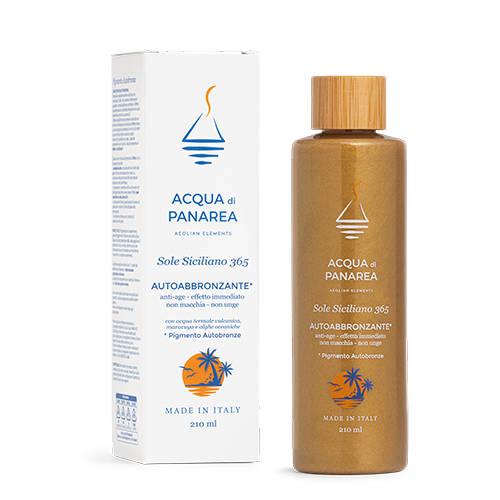
Sicilian Sun 365 is, specifically, a'self-tanning emulsion for face and body and has a pleasant texture that combines a mix of noble oils, thermal water of volcanic origin and oceanic algae.
The product is non-greasy and quickly absorbed into the skin, leaving no stains on fabrics. The main active ingredient, the DHA, will give you a tanned and healthy complexion, ensuring a natural and even effect.
We also point out to you Panarea tan, another essential product for protection from the sun's rays. In this case we are talking about a tanning cream with toning effect and SPF 6+.
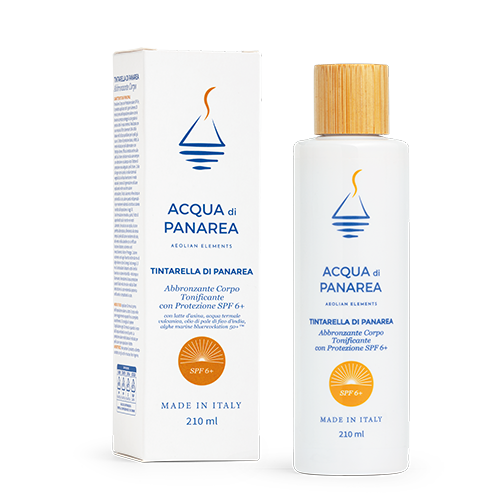
Among seaweed and other natural ingredients, as well as a number of quality active ingredients, Panarea's Tintarella is the right product for your days at the beach. It gives you protection and has an invigorating effect, which is always very useful especially during the summer time.
Inside you will also find argan oil e hyaluronan, for increased hydration of the skin, which will appear tanned and silky.
Light of Salina is a facial tanner SPF 50. A very high protection factor, a pleasant fluid texture-this is what makes the product perfect for summer, but also for year-round use. Always remember that the face must be well protected from the sun's rays, because it is the most exposed area and also the most delicate.
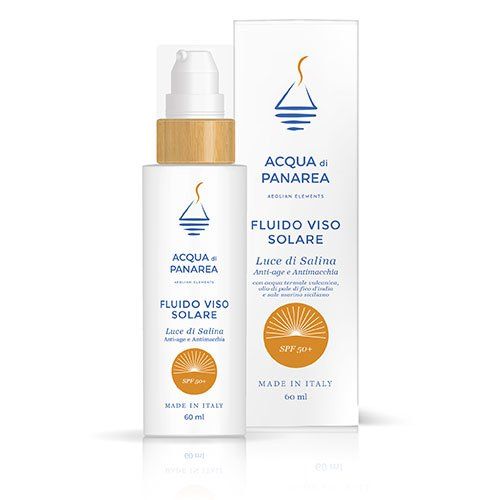
Also Aeolian Sun meets all the quality standards required by dermatologists when recommending a product for exposure and, in particular, a aftersun. In this case we are talking about a spray oil with moisturizing effect, thanks to the presence of hyaluronic acid that goes to deeply moisturize the skin.
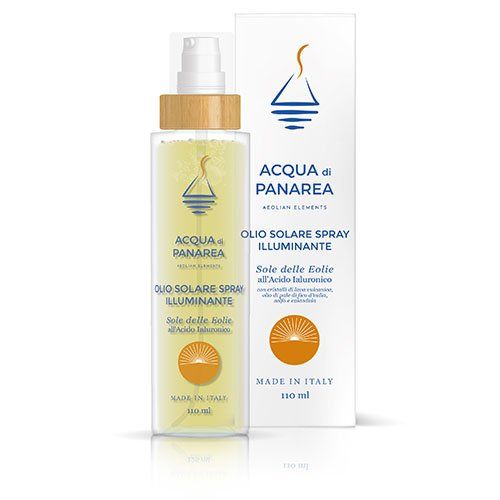
Its spray formula makes it an extremely practical product, while the mix of fine oils, enriched with vitamin E with antioxidant properties, acts as an effective vehicle for the hyaluronic acid inside. Incorporated in an oil base, hyaluronic acid can best express its moisturizing action, in synergy with all other ingredients.
The presence of Calendula Officinale makes this spray soothing and perfect after prolonged exposure to the sun.
Tips for a safe tan
In addition to the best brands of sunscreen, which are also recommended by dermatologists, it is useful to have some ever-useful tips for a'safe tanning.
When the warm season approaches, you too dream of getting that perfect golden tan that you so envy other women. But always remember that theExposure to sunlight must be carefully managed for avoid skin damage. What to do, then, for a 'safe tanning?
First, it is essential that you understand early on the importance of a adequate sun protection. Applying sunscreen with an appropriate protection factor (SPF) is very important and can only be good for your skin and health. This not only helps you prevent sunburn but also reduces the risk of developing premature skin aging.
Also remember to reapply the cream every two hours, or more frequently if you swim or sweat.
Another important aspect is the choice of the safest time To expose yourself to the sun. Avoid the middle hours of the day, generally between 10 a.m. and 4 p.m., when the sun's rays are most intense. Prefer the early morning or late afternoon hours for your dose of sun. This not only reduces the risk of damage but also allows you to enjoy softer light that is less likely to cause sunburn.
Wear a wide-brimmed hat and sunglasses with UV protection to protect the eyes and face from the sun's harmful rays. Light but opaque clothing can protect other parts of the body.
Incorporate into your daily routine skincare products that contain antioxidants. Use creams and serums fortified with vitamin C or E, which can help fight free radicals generated by sun exposure. These antioxidants not only protect the skin but can also improve its appearance and overall health.
L'hydration is another key element. Drinking plenty of water is essential to keep skin hydrated and healthy from the inside out. Well-hydrated skin is less susceptible to sun damage and premature aging. Also, after sun exposure, use a lotion or gel containing aloe vera or other soothing ingredients to nourish and repair the skin.
If you want a risk-free tan, consider using a self-tanning product. These products can provide natural color without exposure to dangerous UV rays. They come in different forms, such as creams, sprays, and mousses, and can be a great alternative to the sun.
Finally, listen to your skin. If you notice redness, irritation or other signs of discomfort, reduce sun exposure and consult a dermatologist. Each skin type has its own specific needs and limits of sun tolerance.
By taking these steps, you can enjoy the sun safely and keep your skin protected and healthy. Remember that a tan may be beautiful, but the health of your skin is much more important. Always protect it and enjoy the sun with caution and responsibility.
